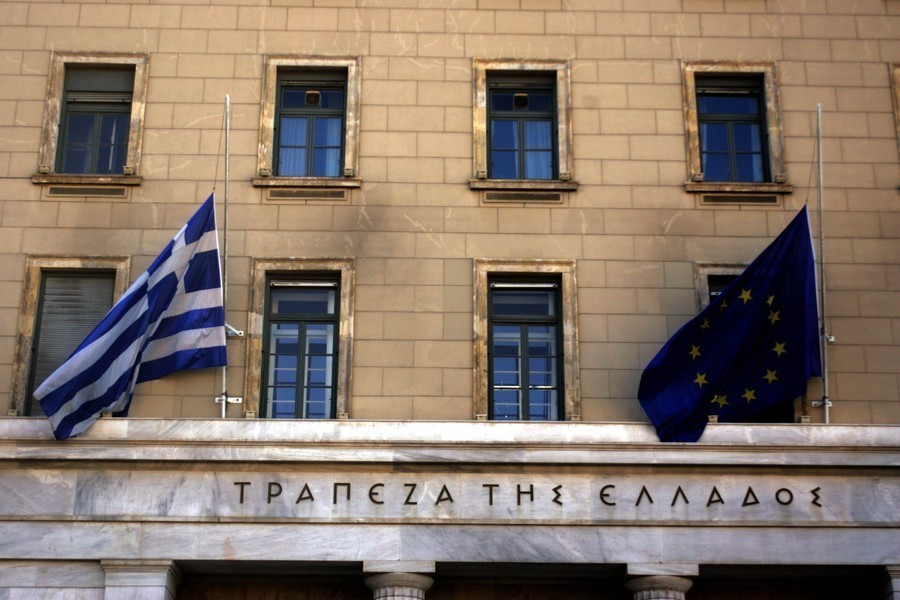
Greek 2020 draft budget to envisage growth rates of 2.0 pct in 2019 and 2.8 pct in 2020

File photo: Income tax revenues reached 8.445 billion euros, exceeding targets by 1.053 billion euros. Photo: amna_news
The Greek draft budget for 2020 will envisage an economic growth rate of 2.8 pct after a 2.0 pct growth rate in 2019, according to the assessment report of macroeconomic forecasts drafted and released by Hellenic Fiscal Council on Monday.
The assessment report said that Greek macroeconomic forecasts were in line with the provisions of the Fiscal Pact. The Council said that the goal for an economic growth rate of 2.0 pct in 2019 was within the range of forecasts and was considered optimistic but feasible. Based on this assumption, a goal for a 2.8 pct growth rate in 2020 is considered ambitious but also feasible, given certain conditions, the report said.
- The two factors that will determine the growth rate in 2020, according to the report, are private consumption and investments.
The 2020 draft budget envisages a 2.8 pct growth rate, an increase in private consumption by 1.8 pct, a rise in public consumption by 0.6 pct, gross fixed capital investments up by 13.4 pct (8.9 pct this year), a 5.1 pct increase in exports, a 5.2 pct rise in imports and a reduction in the unemployment rate to 15.6 pct of the workforce from 17.4 pct in 2019.
The Fiscal Council report said the country’s structural surplus will reach 2.7 pct of GDP in 2019 and 1.8 pct in 2020.
The report noted that a 1.8 pct growth forecast in private consumption is significantly higher than the goal set in the stability programme 2019-2022.
- This revision is considered to be very optimistic since private consumption eased 0.4 pct in the first half of 2019 compared with the corresponding period last year.
However, a further reduction in unemployment and a possible improvement in the economic climate could lead to a boost in private consumption.
The most significant factor in raising private consumption is credit expansion, which remains in negative territory.
A forecast for a 0.6 pct increase in public consumption is realistic, the Council said, and it is fully in line with the provisions of the 2019-2022 stability programme.
A forecast for a significant increase in investments in 2020 is based mostly on the contribution of the private sector (15.8 pct), while public investments are expected to rise by 7.6 pct in 2020.
A forecast for exports and imports is considered realistic, even conservative, due to a reduction in demand expected in Eurozone countries because of an international trade war and a recovery of competitor markets in tourism (Turkey).
A slowdown in import growth combined with an increase in incomes is less realistic, the Council said, which noted that negative effects from a possible Brexit should not be underestimated.
Source: ΑΝΑ-ΜPA
Mike Pompeo in Athens: We have told the Turks that illegal drilling is unacceptable

